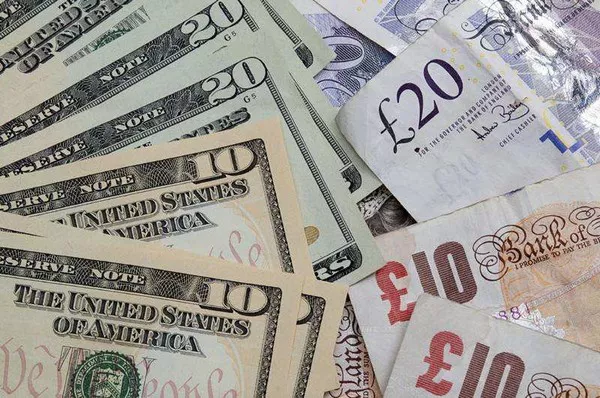The foreign exchange market is a dynamic and volatile environment, where currencies constantly fluctuate based on various economic, political, and social factors. In this article, we delve into the recent movements of the British Pound (GBP) and attempt to unravel the events that influenced its trajectory today. By analyzing key drivers and contextualizing current developments, we aim to provide a comprehensive overview of what occurred in the GBP market.
1. Background: The British Pound in the Global Economy
Before delving into today’s events, it is essential to understand the significance of the GBP in the global economy. As one of the major reserve currencies, the performance of the Pound Sterling impacts international trade, investments, and financial markets worldwide. It is closely tied to the economic health and stability of the United Kingdom.
2. Economic Indicators and Monetary Policy
Economic indicators play a crucial role in determining the strength or weakness of a currency. Today, the release of significant economic data, such as GDP growth, inflation figures, employment reports, and monetary policy decisions, had a direct impact on the GBP.
3. Brexit Developments and Trade Relations
Since the historic Brexit referendum in 2016, the GBP has been particularly sensitive to developments surrounding the UK’s exit from the European Union (EU). Negotiations on trade agreements, border arrangements, and regulatory frameworks have influenced investor sentiment towards the Pound. Any news related to Brexit can trigger significant fluctuations in the currency market.
4. Political Landscape and Market Sentiment
Political instability and uncertainty can significantly impact currency values. Today’s GBP movements might be linked to political events, such as elections, government announcements, or policy changes. Public sentiment towards a particular political party or leader can also affect market perceptions, leading to currency fluctuations.
5. Central Bank Interventions and Interest Rates
Monetary policies set by central banks, such as the Bank of England (BoE), have a considerable impact on currency values. Decisions regarding interest rates, quantitative easing programs, or other policy tools influence investor confidence and capital flows. Any unexpected actions or indications from central banks can sway the GBP.
6. Global Economic Factors
The global economic climate, including major geopolitical events, international trade disputes, and financial market turbulence, also affects the GBP’s performance. Today’s fluctuations might be a result of external factors like changes in global economic growth projections, commodity prices, or cross-currency movements.
7. Speculation and Market Psychology
Psychological factors, such as market sentiment, investor perception, and speculative activity, can play a significant role in driving short-term currency movements. Traders and investors closely monitor technical indicators, news reports, and market rumors to make trading decisions, leading to increased volatility in the forex market.
Conclusion:
Today’s movements in the GBP were likely influenced by a combination of economic indicators, Brexit developments, political landscape, monetary policies, global economic factors, and market psychology. Understanding these complex interactions is crucial for traders, investors, and businesses seeking to navigate currency markets effectively. By remaining informed and analyzing the interplay of various drivers, market participants can better anticipate and respond to future fluctuations in the GBP and other currencies.


